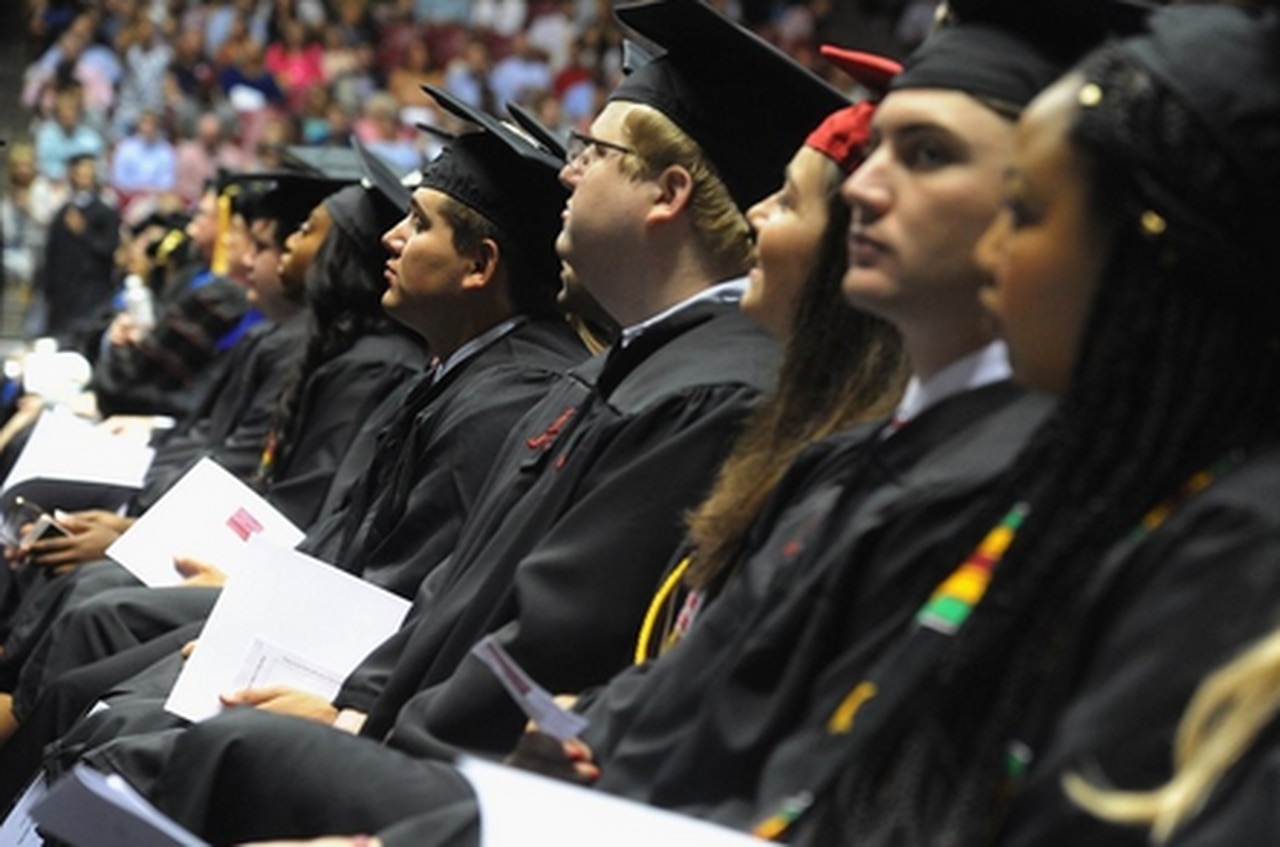Student debt forgiveness: What is new on-ramp for loan payments? Do I have to pay?
Millions of Americans will receive notices to restart payments on federal student loans this fall.
The U.S. Department of Education says that everyone who can pay their current monthly amount should do so, but that it is creating a “temporary on-ramp” for borrowers who struggle to pay their balances.
Payments have not been required since 2020. And while President Joe Biden has created a new student loan forgiveness program, called SAVE, that aims to cut monthly payments for many Americans, it isn’t operational yet. Borrowers who want to get started now can enroll in an existing Income-Driven Repayment plan and should automatically be rolled into SAVE.
A recent report by the Consumer Finance Protection Bureau found that a large chunk of borrowers — about one in five — may struggle to make payments. Many borrowers are currently behind on other payment obligations, researchers found, and have higher payments on other obligations, like home and car loans, than before the pandemic.
When do I have to restart student debt payments?
Payments will resume in October. Check your student loan servicer for an exact date of your first bill.
What will happen to interest?
At the beginning of the pandemic, President Donald Trump ordered a pause on interest on federal student loans. Interest will begin accruing again on Sept. 1, 2023.
What can I do if my student debt payments are too high?
If you’re worried about paying your current bill, see if you qualify for a federal income-driven repayment plan. There are several options. Borrowers who qualify for the current REPAYE plan should automatically be rolled into a SAVE plan, according to Biden’s administration.
The SAVE program doesn’t have a clear rollout date, but the White House says that people who apply for an IDR plan this summer should be processed and approved in time for the first federal payment due date this fall.
What happens if I don’t pay?
You should prepare to meet your loan obligations. But the feds have said that they’ll protect borrowers from the harshest consequences of late, missed, or partial payments for up to 12 months, through Sept. 30, 2024.
While payments will be due and interest will accrue during this period, interest will not capitalize at the end of the on-ramp period, according to the White House.
And missed payments shouldn’t impact your credit report immediately. Borrowers will not be considered in default or referred to collections during the 12-month on-ramp period.
“Borrowers who can pay should do so, but this on-ramp period gives borrowers who cannot make payments right away the necessary time to adjust, enabling them to ultimately make their monthly payments and meet their financial obligations on their loans,” the White House said.
Borrowers do not need to do anything to qualify for the on-ramp; anyone who holds federal loans should receive the grace period if needed.
